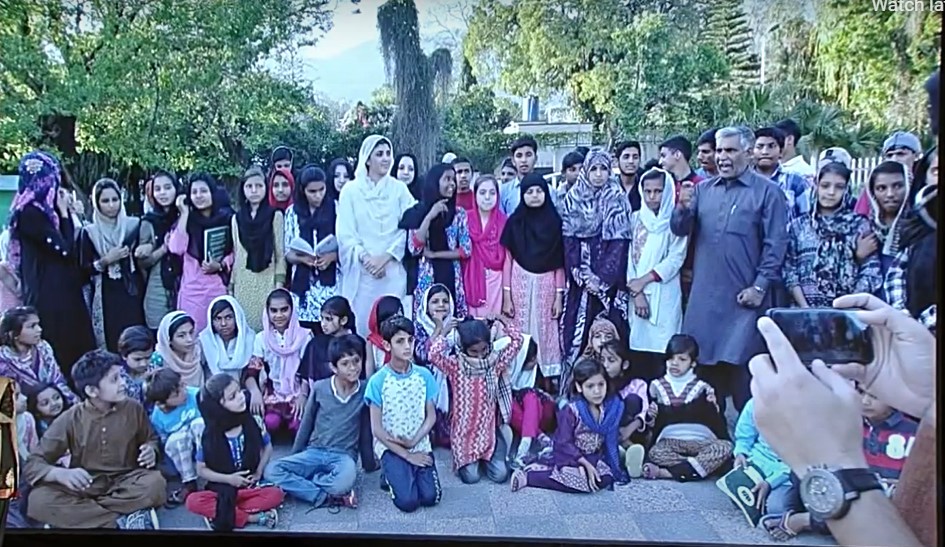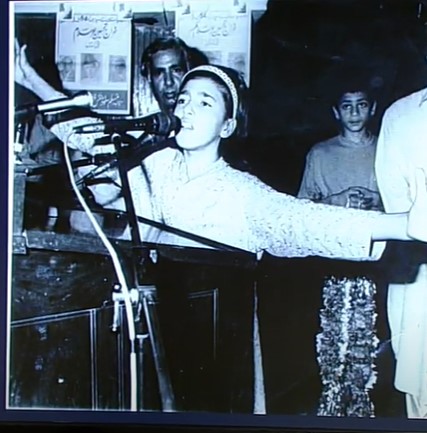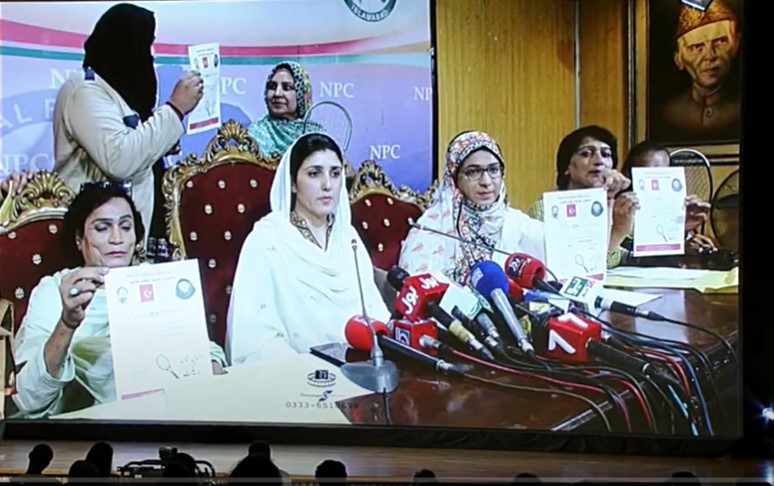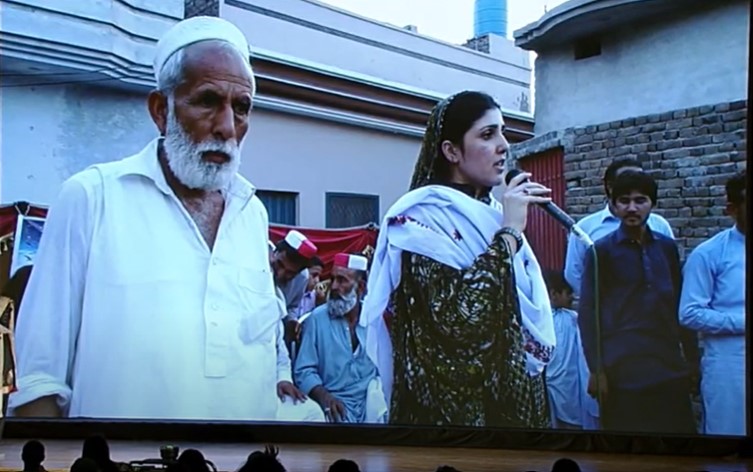She was born in the Federally Administered Tribal Areas, Waziristan, Pakistan, a region where terrorism, militancy and discrimination–especially against women–rule. After obtaining a Bachelor’s degree in International Relations (IR) and an MPhil in Theology (Comparative Religion), she became the first-ever chairperson of the Union of Journalists from tribal areas to raise awareness about the discriminations the country has had to struggle; eventually she joined politics to solve these issues. She soon became the first-ever female Member of the National Assembly from FATA as well as one of the youngest members of the parliament and, recently, she has founded her own political party, becoming the first woman to have ever reached this aim in Pakistan.
When you were still a child and living in the tribal areas, how did your family support you in the pursuit of your interests and dreams?
“The area where I was born, the FATA, is terribly conservative: for instance, allowing girls to attend school is not a commonly accepted custom, especially when I was a child.
However, my family was different from any other. My siblings and I were raised in an environment without any discriminations on the grounds of gender: my father believed in justice and equality.
During my childhood, I used to attend a boys’ school and my father traveled with me through Pakistan when I gave speeches and joined debate competitions. I brought back trophies to my homeland and became an ambassador of positivity and peace for the tribal areas. In that way, I started to spread awareness about different issues such as child labor, equal educational rights for girls and boys, human rights protection, environmental issues.

My father never prevented me from doing these activities; he was ready to fight the criticism he might have received for supporting his daughter in a patriarchal society. That attitude meant rebelling against our tribal customs.”
Everyone knows that Pakistan’s society is still mostly conservative and has a patriarchal mindset. However, could you explain which are the main forms of discrimination women face?
“Most parents do not allow their daughters to get an education or to work normally like a man; girls are often forced to have children and, of course, to accept arranged marriages. If they decide to marry someone of their choice, according to the Pakistani mindset, their honor results as damaged and, thus, they have to be killed to restore the honor of the family.
It’s clear that Pakistan is utterly male-dominated. Because of a systemic patriarchy, women face discriminating treatments wherever they go and are still deprived of basic rights, which is unacceptable. Therefore, there is a need for strong leadership where women feel protected and can contribute to Pakistan’s progress.”

Have you always dreamed of becoming a politician? What encouraged you to pursue this career path against all the odds?
“I have never had any greed for power. Like Martin Luther King and Nelson Mandela, who fought for guaranteeing equal rights for everyone without any desire for personal gain, I have always believed in humanity and in equal rights, opportunities, respect and dignity for everyone.
When I was a child, I saw how women and minorities were discriminated against in Pakistan. The government did not offer them protection and, since my father has always read books to me about the United Nations and the initiatives to maintain peace, justice and humanity, I started to desire this peace and humanity in Pakistan as well.
When I was a little girl, my dream was to become the General Secretary of the United Nations so as to maintain peace and security all over the world; this inspiration led me to become a politician.””
As the first-ever female who has set up her own political party in the history of Pakistan, what is the vision you want to pursue? What changes do you want to foster in your Country?
“I reckon that, in my country, there is a mindset that needs to change, albeit it will undoubtedly take time. I am a religious scholar and, in Pakistan, Islam is inaccurately portrayed by most people, according to their own interpretations and patriarchal mindset. I have studied Islam; I consider it a humane religion that definitely guarantees females all the rights to get an education and to participate in social and work life in equality.
The vision of my political party is also to make sure that everyone: men and women, children and elderly, minorities and transgenders, and people with disabilities—all, will have equal rights, protection and dignity. We have a vision for humanity and equality.”

Since the Taliban come from the same area where you were born, the FATA, what do you think about what they are doing in Afghanistan? What specifically do you believe they should change or improve in their administration?
“The Taliban are sort of brothers to my people by a shared bloodline: we belong to the same ethnic group and we have the same culture. It is very unfortunate to see that the Taliban are talking to, and seeking guidance, from the Pakistani government, which has actually neglected the tribal Pashtuns; there is still no rehabilitation, not even basic living necessities, no employment opportunities, no development. How can the Taliban seek guidance from a government that does not have any credibility, has an extremist and biased mindset against women and does not have support inside Pakistan?

We, as Tribal Pashtuns, do not consider the removal of the fences between the border of Pakistan and Afghanistan by the Taliban as beneficial for us; we would like the Taliban to consult us and work with us so as to better rule the Afghan Pashtuns with kindness and empathy and restore the Afghan currency back to the point where it was during the time the US was in Afghanistan.
I and the Tribal elders’ delegation wait to discuss the situation in Afghanistan with the Taliban to find solutions for the problems of the Country.
The Taliban should also definitely start to respect the United Nations and the Human Rights Charter because they are in complete accordance with Islam. Along with this, they should also seek international recognition and understand that the Koran, as mentioned before, does not say anything about not allowing women to have an education and in general, the same rights and opportunities as men.”












